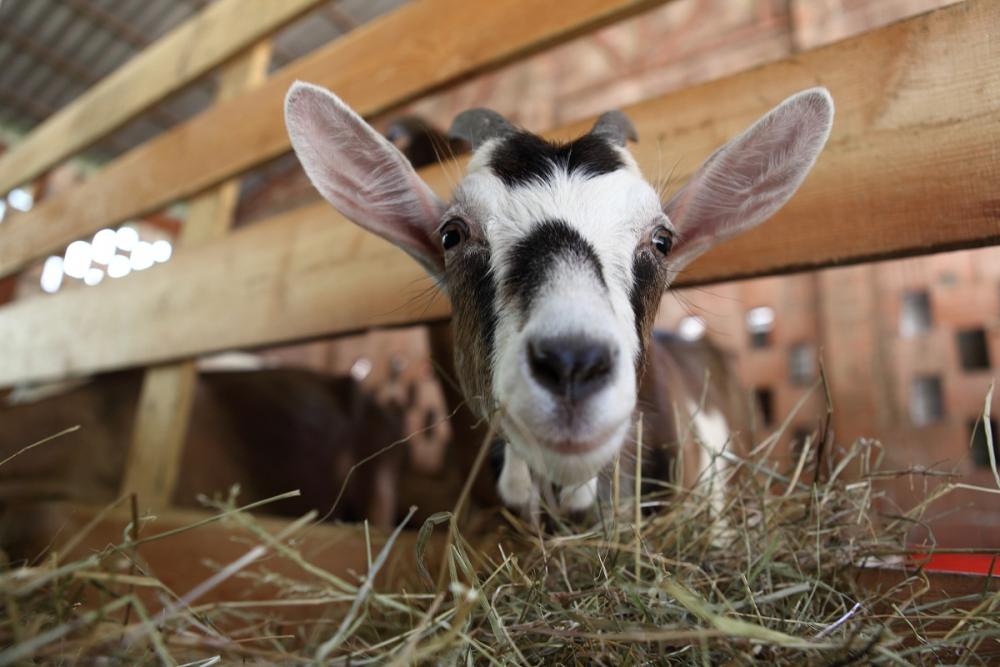Small ruminant producers in Antigua and Barbuda will benefit from an IICA project funded by the Australian Aid Programme

St. John’s, Antigua and Barbuda, February 28, 2020 (IICA). Small ruminant producers from the National Livestock Association (NLA) and the Ministry of Agriculture Fisheries and Barbuda Affairs (MoAFBA) will benefit from an Inter-American Institute for Cooperation on Agriculture (IICA) project, funded by the Australian High Commission Direct Aid Program (DAP).
The implementation will be a collaborative effort between IICA, the Caribbean Agriculture Research Development Institute (CARDI) and the MoAFBA.
The project entitled “Developing Sustainable Protein-Sources for Community Nutrition Resilience in Antigua” was officially launched on 26th February, 2020 at the Ministry of Agriculture conference room. The project launch was attended by stakeholders which includes the small ruminant producers and technicians.
The project seeks to address small ruminant producers access to sustainable nutritious protein-sources in Antigua who are significantly affected by climate risks (droughts and floods), poor soils, inefficient water use and poor management practices.
Acting Director of Agriculture, Gregory Bailey, expressed his enthusiasm for the scientific approach which will be implemented in the project, especially the use of soil sampling in order to produce high protein forages. “We have implemented a number of projects in Antigua and Barbuda that once the project duration is over we generally have problems in terms of feasibility,” stated Bailey.
IICA National Specialist Craig Thomas emphasized on the impact of climate change and the deterioration of natural resources which are factors that determine development. In order to increase and improve production, he added, it is imperative that strategies and behaviors be modified.
The production of suitable forage accessions, technical assistance in the development of small ruminant production, including nutrition, feeding and breeding as well as initiate studies and analyses to support the adoption of the technologies in appropriate innovative water saving strategies are work which have been carried out by CARDI, stated Paul Lucas, CARDI Representative for Antigua and Barbuda and Montserrat.
Following a request from the Ministry of Agriculture, IICA in conjunction with CARDI explore the availability of external resources, which would fund a climate resilient project focused on small ruminants, drought tolerant forages and data research.
The project, which should be completed by November 2020, will be carried out under two components:
i. Capacity Building in Soil and Water Management,
ii. Establish four demonstration forage plots at strategic locations where small ruminant productions is practice.
Non-invasive drought tolerant forages, such as Chrysopogon, Green Panic, Mulberry, Glyceria and Dwarf Elephant Grass will be planted on each plot.
The Direct Aid Program (DAP) is a flexible small grants program through which the Australian Government supports development projects that contribute to sustainable economic growth and poverty reduction.
More information:
Craig Thomas, National Specialist in Antigua & Barbuda.
craig.thomas@iica.int